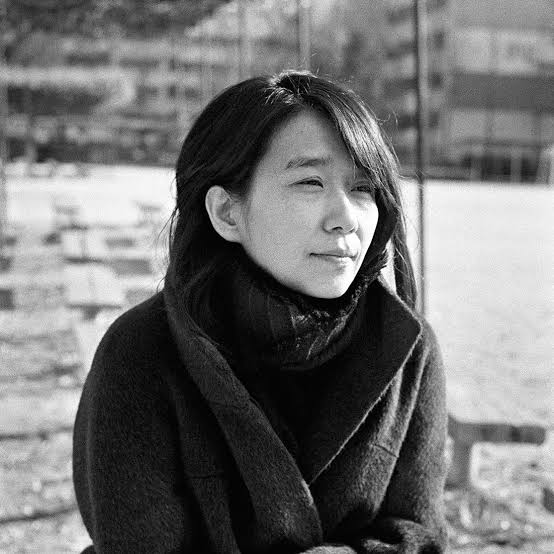Han Kang wins 2024 Nobel Prize in Literature; breaks record in South Korea

|
Getting your Trinity Audio player ready...
|
Han Kang, 53, an author and citizen of South Korea, has been awarded the 2024 Nobel Prize in Literature. She is the first South Korean writer, the first Asian woman, and the eighteenth woman in the history of the Nobel Prize to be awarded this prize since it was started 123 years ago.
The Nobel Prizes are five distinct awards given annually to individuals who have contributed the most to humankind in the preceding year in five fields: Physiology or Medicine, Physics, Chemistry, Literature, and Peace. Established in 1895 according to the will of the Swedish chemist, inventor, and businessman Alfred Nobel, the Nobel Foundation began awarding prizes in 1901.
Han, who has been writing since 1993, is not new to the world of writing award-winning books as her 2016 book “The Vegetarian” first won the International Book Prize in July 2016, the first time the award was given to a single book.
However, she was awarded the 2024 Nobel Prize in Literature for her 2016 book Human Acts, which tells the story of the tragic death of Dong-ho, a young boy killed during a violent student uprising in South Korea. It further documents the lives of those impacted: Dong-ho’s best friend, an editor facing censorship, a prisoner, a factory worker, and his grieving mother. Each character grapples with the trauma of his death, portraying a community’s pain and search for hope amid the brutality.
Through her father, Han Seung-Won, a novelist, Han has stated that she will neither be celebrating nor holding a celebratory press conference, claiming that the global wars were enough to ponder at the moment.
“Her perspective had shifted from that of a writer living in Korea to a more global one. She said that with the wars raging in Russia, Ukraine, Israel and Palestine, with deaths being reported every day, she could not hold a celebratory press conference. She asked for understanding in this matter,” her father told the media.
Prior to this, Han spoke to the Nobel Prize Academy, where she expressed her surprise and honour but also maintained that she would be celebrating quietly with tea with her son after the prize was announced.
According to the Nobel Prize Academy, she was given this award for “her intense poetic prose that confronts historical traumas and exposes the fragility of human life.”
“In seeking to give voice to the victims of history, the book confronts this episode with brutal actualisation and, in so doing, approaches the genre of witness literature. Han Kang’s style, as visionary as it is succinct, nevertheless deviates from our expectations of that genre, and it is a particular expedient of hers to permit the souls of the dead to be separated from their bodies, thus allowing them to witness their own annihilation,” the Academy stated.




